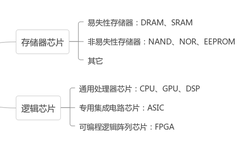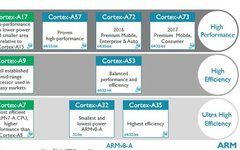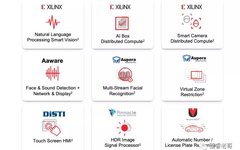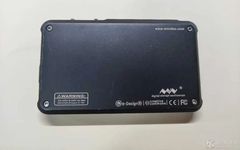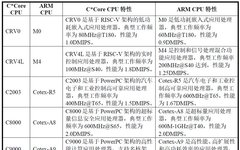How to Get Started with FPGA Learning
FPGA (Field Programmable Gate Array) is favored for its flexibility and powerful features. However, many beginners feel incredibly confused, believing that this technology is difficult to master. Why is that? As a member of an FPGA training institution, I hope that through this article, I can help everyone clarify their thoughts and find a suitable … Read more


